Course Contributors
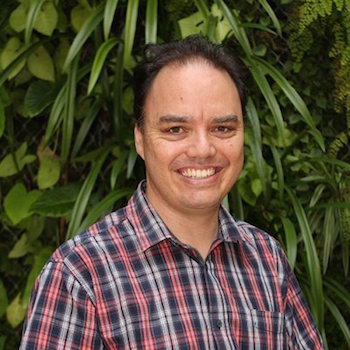
John Cook
John Cook is the Climate Communication Fellow for the Global Change Institute at the University of Queensland and the course leader for Denial101x. He is currently completing a doctorate in cognitive psychology, researching the psychology of climate change and the efficacy of inoculation against misinformation.
In 2007, he created SkepticalScience.com, a website that refutes climate misinformation with peer-reviewed science. In 2011, Skeptical Science won the Australian Museum Eureka Prize for the Advancement of Climate Change Knowledge. John has co-authored the college textbook Climate Change Science: A Modern Synthesis and the book Climate Change Denial: Heads in the Sand. He has published papers on scientific consensus, misinformation, agnotology-based learning and the psychology of climate change. John Cook is funded as a Research Fellow by UQ through the Global Change Institute (GCI). Support for the development of GCI MOOCs is provided by the Institute for Teaching and Learning Innovation-UQx Project and philanthropic donations.
Read more about John's research and interests here.
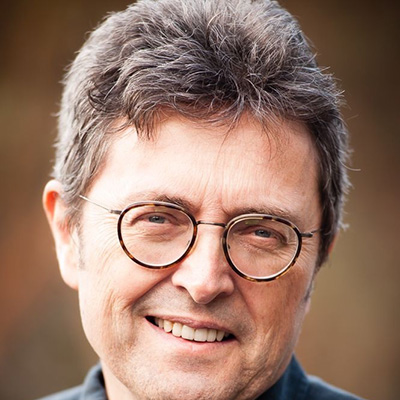
Andy Skuce
Andy Skuce is an independent geoscience consultant based in British Columbia, Canada. He earned an MSc in Applied Geophysics from the University of Leeds, a BSc in Geology from the University of Sheffield and is registered as a Professional Geoscientist in British Columbia. Andy has worked for the British Geological Survey and in a variety of technical and managerial roles for oil companies in Canada, Austria and Ecuador. He has published several peer-reviewed papers on a variety of Earth Science subjects, including the tectonics of volcanic continental margins, structural geology and the scientific consensus on climate change. In Denial101, Andy will examine the evidence for the relative influence of human emissions and volcanoes on the rising carbon dioxide concentrations in the modern atmosphere.
Read more about Andy's research and interests here and here.
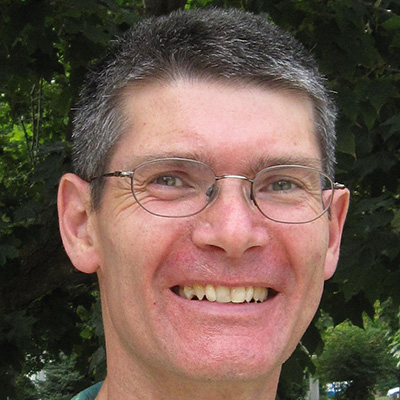
Daniel Bedford
Daniel Bedford has been studying climate and climate change since his undergraduate days in the 1980s. After receiving a BA in geography from Oxford University in the UK, he moved to the USA for Masters and Ph.D. degrees from the University of Colorado at Boulder, where he worked with renowned climatologist Roger Barry. Bedford’s main interests are the effective teaching and communication of climate science. He teaches undergraduate classes in physical geography and climate science at Weber State University, in Ogden, Utah.
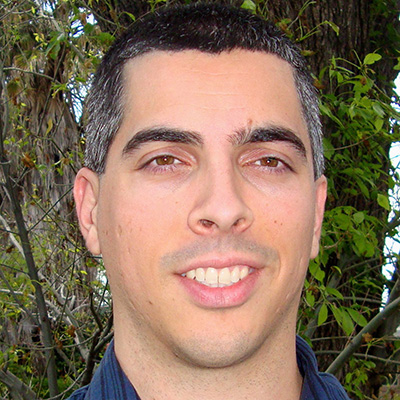
dana nuccitelli
Dana Nuccitelli is an environmental scientist with a background in astrophysics. He has published climate-related papers on various subjects, from the build-up of heat in the Earth's climate system to the expert consensus on human-caused global warming. Dana has written for SkepticalScience.com since 2010, and for The Guardian since 2013. Praeger recently published his book, Climatology versus Pseudoscience, in which he details some key discoveries in the history of climate science, investigates whose global temperature predictions have been accurate, and looks at where our climate is headed in the future. Denial101x will follow Dana into his specialty of debunking climate myths including those related to the accuracy of climate models and the causes of global warming.
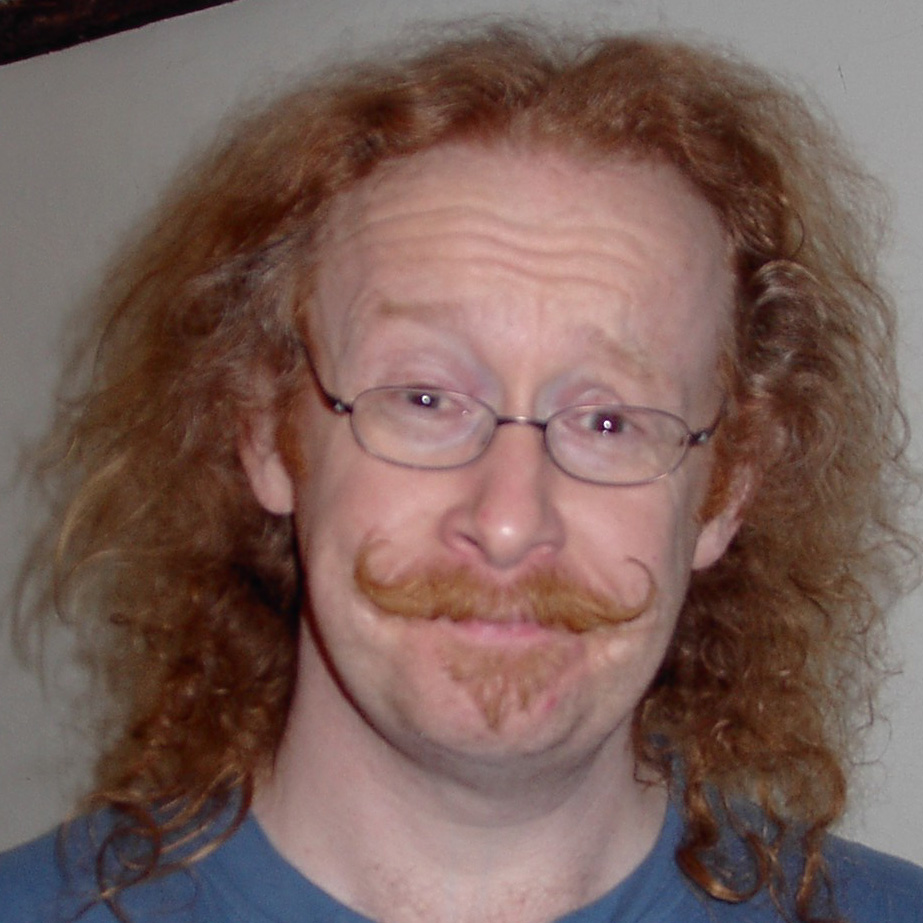
Gavin Cawley
Gavin Cawley is a computer scientist, with a background in electronic engineering, and research interests in machine learning. He has worked on a number of research projects with the School of Environmental Sciences and the Climatic Research Unit at UEA, during which he developed an interest in predictive uncertainty in statistical modelling. In 2011, he published a paper in the journal Energy and Fuels addressing the misunderstandings of the carbon cycle covered in his lectures (doi:10.1021/ef200914u). For Denial101x, Gavin will discuss some common misunderstandings of the global carbon cycle that persist in the public debate on climate change, even though there are multiple lines of evidence that very strongly support the mainstream scientific position.
Read more about Gavin's research and interests here.
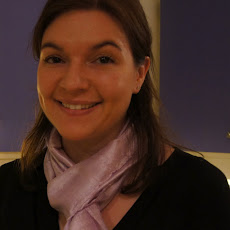
Keah Schuenemann
Keah Schuenemann is a Meteorology Professor at the Metropolitan State University of Denver where she developed a popular Global Climate Change course. She has a Ph.D. in Atmospheric and Oceanic Science. Her research includes climate change communication, using student-generated content such as blogging in college courses and teaching science literacy. Her climate research includes the large-scale weather pattern climatology of Greenland and changing weather patterns with a warming climate. She also teaches Dynamic Meteorology, Synoptic Meteorology, Chemistry and Physics for elementary education majors, and Weather and Climate.
Read more about Keah's research and interests here.
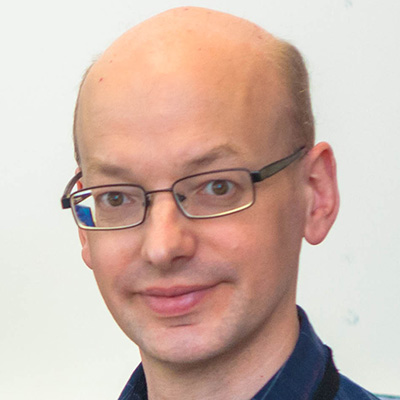
Kevin Cowtan
Kevin Cowtan is a research fellow in the department of chemistry at the University of York, England. He is an interdisciplinary computational scientist. His main area of research has been the automated determination of the atomic structure of biological macromolecules; however, he has also published a major paper on biases in the instrumental temperature record and is a contributor a number of other areas of climate research, some of which have already been published. He is also interested in science communication and e-Learning tools. In Denial101x we will accompany Kevin in investigating how we know that the world is warming, and how misinformation is used to obscure the evidence.
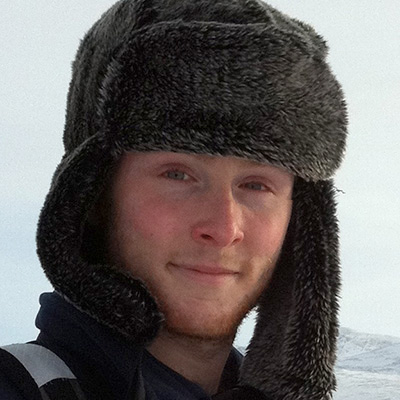
Mark Richardson
Mark Richardson was at the University of Reading, where he was researching how light travels through snow to help improve satellite measurements. He has recently moved to the CalTech/NASA Jet Propulsion Laboratory, where he works on the physics of light in the atmosphere and particularly satellite measurements of clouds. His research interests are in how clouds react to climate change, and whether they reinforce it or slow it down. Denial101x will follow Mark as he goes through the evidence that we are strengthening the greenhouse effect that has driven recent global warming, and some of the myths that come from misunderstanding this evidence.
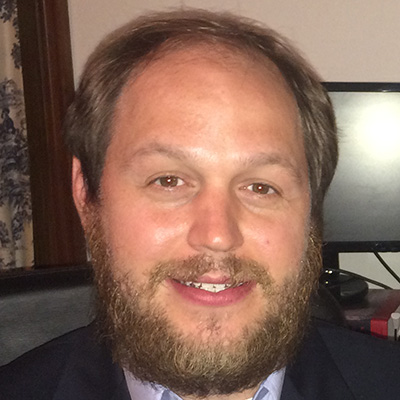
Peter Jacobs
Peter Jacobs is a Ph.D. student and Presidential Scholar at George Mason University in the Department of Environmental Science and Policy. His research focuses on climate-ocean interactions and their impacts on marine ecosystems in the past, present, and future. He holds an M.Sc. from the same department, with a concentration is Earth Surface Processes and Environmental Geochemistry. In addition to his primary academic research, Peter is also interested in the science of how people respond to the issue of climate change- from communications, psychological, and sociological perspectives. This has led to his participation in various projects relating to the scientific consensus on man-made global warming, principally with volunteers from the Skeptical Science team, as well as the Center for Climate Change Communication (4C) at George Mason.
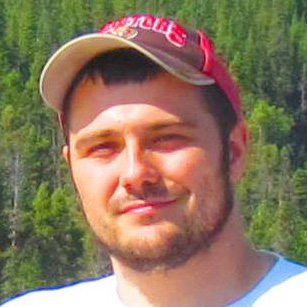
Robert Way
Robert Way holds a Master of Science in Physical Geography and a Bachelors of Arts in Geography with a minor in Geomatics and Spatial Analysis. He is currently a PhD Candidate in the Department of Geography at the University of Ottawa, Canada studying climate change impacts on permafrost in northeastern Canada. Coming from an Inuit background and growing up in subarctic Labrador has given Robert a unique perspective on recent climate change in northern environments. Robert has visited many field locations in the Polar Regions including the Antarctic Peninsula, Iceland, Norway, Patagonia, Svalbard and the Torngat Mountains (northern Labrador). In Denial101x, Robert will discuss changes to the terrestrial cryosphere and will highlight recent advances in the field of paleoclimatology. Robert has published various peer-reviewed journal articles and reports on various topics including climate variability, glaciology, paleoclimatology, and permafrost. A detailed list of his research can be found at the website here.
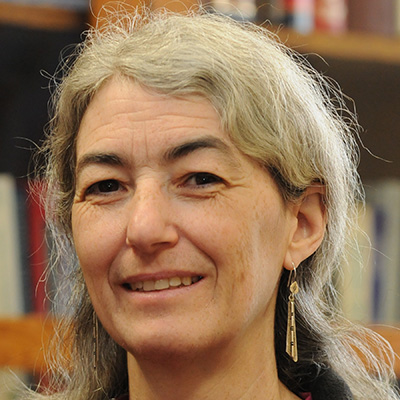
Sarah A. Green
Sarah A. Green is a Professor of Chemistry at Michigan Technological University, where she served as Department Chair (2004-13). Her research includes environmental changes in the Great Lakes, aspects of the carbon cycle, and gas-phase reactions. Most recently she served as a Jefferson Science Fellow in the U.S. Department of State.
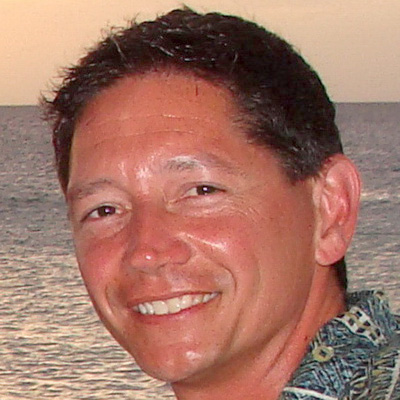
Scott Mandia
Scott Mandia is Professor of Earth and Space Sciences and Assistant Chair of the Physical Sciences Department at Suffolk County Community College, Long Island, New York. He has been teaching introductory meteorology and climatology courses for over 23 years. Mandia co-authored a book titled Rising Sea Levels: An Introduction to Cause and Impact that highlights the impact of sea level rise on 25 major cities around the world. He has also co-authored a series of weather and climate learning modules titled Investigations in Atmospheric Sciences designed for non-science major college students. In 1997, Mandia won the State University of New York Chancellor’s Award for Excellence in Teaching. Mandia was also honored by the American Geophysical Union in 2014 by winning the Ambassador Award given annually to honorees in recognition for outstanding contributions to the following area(s): societal impact, service to the Earth and space community, scientific leadership, and promotion of talent/career pool.
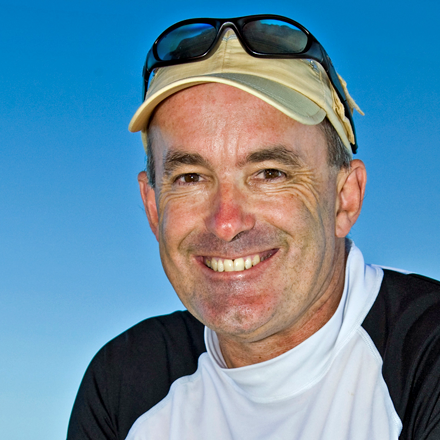
Ove Hoegh-Guldberg
Ove Hoegh-Guldberg is the Director of the Global Change Institute (GCI) and Professor of Marine Science at the University of Queensland in Brisbane, Australia. Prof Hoegh-Guldberg has a BSc (honours) from Sydney and a PhD from the University of California, Los Angeles. Ove’s research focuses on the biology of coral reefs, particularly impacts of climate change and ocean acidification. In addition to publishing over 220 publications, Prof Hoegh-Guldberg leads a major research group and has started innovative education programs such as Stanford Australia. He is the Coordinating Lead Author for the ‘Oceans’ chapter for the fifth assessment report of the Intergovernmental Panel on Climate Change. He was awarded the Eureka Prize for his scientific research in 1999 and is currently an ARC Laureate (2013-2018) after finishing his term as Smart State Premier’s Fellow (2008–13).